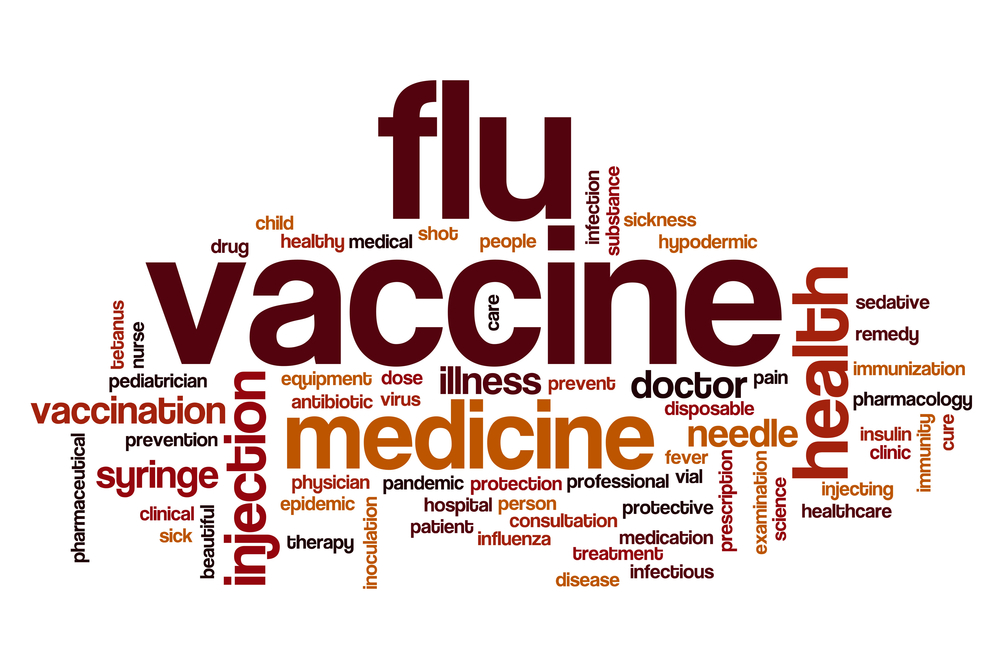Flu Vaccine Seen to Protect Lupus Patients from Infections, Lower Hospitalization Risk
Written by |

The flu vaccine is effective and associated with a lower risk of complications — including hospitalization, pneumonia, and in-hospital dialysis — in people with systemic lupus erythematosus (SLE), a study published in Scientific Reports suggests.
Previous research has shown that infections are a major cause of death (between 20 percent and 55 percent) for SLE patients, and serious infections are more common in SLE patients with the flu. As the vaccine does not induce disease activity in SLE, its use is also known to be safe. An annual flu vaccination is, for these reasons, highly recommended for patients with SLE.
However, it was not known to date whether the vaccine is efficient in these patients, since they have lower primary and secondary immune responses. Immunosuppressive drugs may also reduce immune response following vaccination. In the present study, researchers found that the vaccine seems to be clinically quite effective for these people.
In the study, “Effects of annual influenza vaccination on morbidity and mortality in patients with Systemic Lupus Erythematosus: A Nationwide Cohort Study,” researchers led by Dr. Jin-Hua Chen at Taipei Medical University in Taiwan compared the incidence of hospitalization, serious complications, and death among people with SLE who were vaccinated and those who were not.
Using Taiwan’s insurance claims data between 2001 and 2012, the researchers identified and then compared 1,765 SLE patients who received the vaccine, with 8,360 who did not, in terms of severe complications and death.
Vaccination was linked to a lower rate of hospitalization, the researchers found. In addition, SLE patients who were vaccinated against the flu were less likely to be admitted to the intensive care unit, to be hospitalized due to infection, or to need dialysis while in hospital. They were also less likely to die.
“Our study demonstrated that influenza vaccination in patients with SLE is associated with a reduced risk of morbidity and mortality, supporting the annual vaccination in such patients,” they concluded.
Further and larger-scale studies are needed to more fully assess its efficacy, the researchers said.




